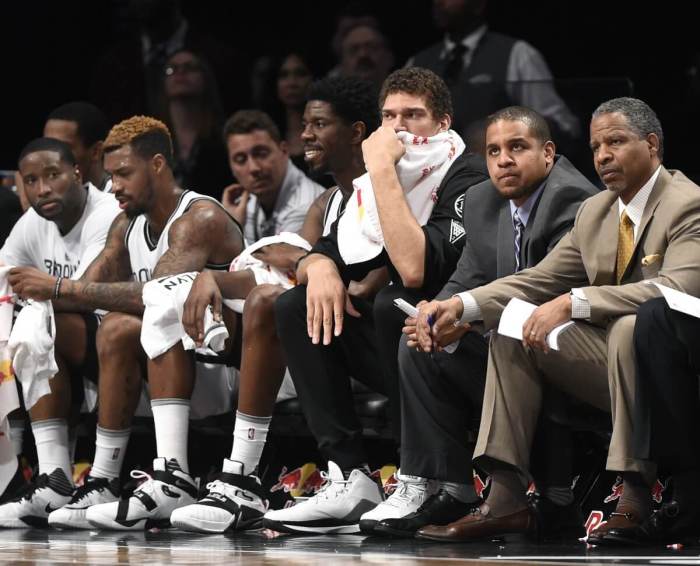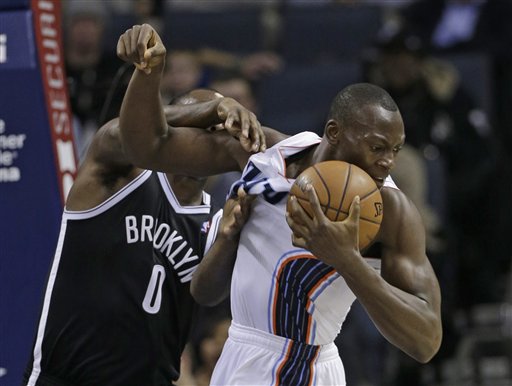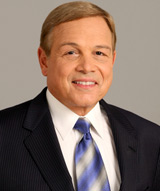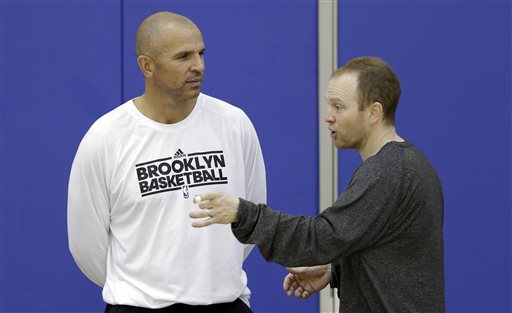
Name: Yi Jianlian
Position: PF
Height: 7’0”
Weight: 238
Birth Date: October 27, 1987 (21 years-old)
Birth Place: He Shan, China
Number: 9
Drafted: 2007, 1st round, 6th overall by Milwaukee
Experience: Two seasons
Contract: $3.19 million in 2009-10
On offense:
Yi Jianlian may be the Nets most popular and marketable player, though that has a large part to do with the fact that he is one of a small handful of NBA players who hail from China – the most populous country in the world. The most common word associated with Yi is “potential.” After two some up, mostly down seasons in the NBA, that’s really the only positive word about Yi you can say because his numbers are plain ugly in most cases.
Despite being 7-feet-tall, and playing a position that usually works closer to the basket, a vast majority of Yi’s shots were lower percentage jump shots. About 75 percent of all his shots were jumpers, good for a .418 effective Field Goal percentage. He didn’t shoot much better on close shots and dunks either. Yi averaged a .465 eFG on inside shots, according to 82games. Overall, he shot a putrid 38 percent from the field. These are not numbers you want to see from a frontcourt guy who relies exclusively on the jump shooting, and these are definitely not numbers you want from your starting four in this league.

In the few instances that Yi does take the ball into the post, he again insists on lower percentage type-shots like turnaround jumpers and a right-handed jump hook he’ll utilize from time to time.
A lot of Yi defenders claim his season turned for worse in January when he injured his the pinky finger on his right hand. At the time, Yi had been averaging about 10 points a game, and had finished a string of four games where he was averaging double digits in scoring. When he returned in February, he appeared to be even more passive as a scorer, averaging about 5.6 points per game and playing his way out of the starting lineup.
Now let’s compare Yi to the league’s power forwards. His Player Efficiency Rating of 10.98, was good for 64th out of 77 power forwards who played at least 500 minutes, according to ESPN’s John Hollinger. Remember, 15 is league average. His True Shooting percentage, which accounts for three-pointers and free throws, of .474, was good for 71st for his position. Yi’s Value Added, the estimated number of points a player brings to his team over a replacement player, was not pretty at all. He was worth -11 points over a replacement player. Let me reapt, these are not numbers you want to see for any member of your rotation, no less your starting four.
Before Yi entered the league, one part of his game that Draft Express picked apart was his decision-making, calling him too turnover prone. While Yi, certainly has not established himself as having a high basketball IQ, compared to the turnover percentages of the rest of the PFs in the league, Yi is not as bad as Draft Express makes it sound. Yi’s turnover ratio, the average percentage of his possessions that ends in a turnover, was 10.2, good for 30th out of 77 qualifying PFs.
On defense:
In an interesting twist of fate, Yi’s defensive game may have a lot in common with a former Nets PF Armon Gilliam – both of them have been compared to Charmin toilet paper. In all seriousness, the Nets were torched by opposing PFs when Yi was on the floor last year. Opposing PFs had an PER of 20.3 when Yi played the four last year, good for a PER differential of -7.9. That’s just not good. Draft Express talks about how Yi should be better defensively – he has the length, athleticism and lateral quickness to keep up with NBA PFs. But something that appears to be lacking in both Yi’s offensive and defensive game is aggression. He doesn’t take it to the hoop enough on offense, and he gives too easily on defense. Despite his tall lanky frame, he only registered .6 blocks a game last year. He has poor timing when it comes to his leaping in shot blocking instances and he allows himself to get get bulled too much on the low post.
Yi is also a below average rebounder. He has a rebound rate – the percentage of his possessions that end in a rebound of 13.7, good for 39th at his position. While he has a decent defensive rebounding rate of 22, he’s very ineffective on the offensive glass, with a offensive rebounding percentage of 5.5, good for 61st at his position. This has a lot to do with how Yi plays offensively in the league. Having a 7-footer roam the perimeter is not going to get him a lot of offensive rebounding opportunities.
Miscellaneous:
There are still reasons to be optimistic about Yi, despite the overall terrible season he put together last year. There’s been a lot of talk this past summer about Yi’s performance in the FIBA Asia Championship. While playing for his native country China, which was missing superstar Yao Ming, Yi averaged 18.3 points, 10.4 rebounds and 2.4 blocks in the game. Granted, this was against lousy competition and Yi did do a bit of a disappearing act in the championship’s final game, a Chinese loss to Iran. But still, eyewitness accounts of Yi’s performance in the FIBA games said the PF had put on some bulk and was more aggressive on the offensive end. Coach Lawrence Frank said during he’s already seen improvement from Yin the first few days of training camp.
Comment:
The bottom line is whether Nets fans like it or not, the front office remains committed to Yi for at least one more season. The Nets could have traded for Carlos Boozer or Glen Davis in the offseason and opted not to. They could have taken a flier on David Lee who was a free agent, but they weren’t even linked to the Knicks PF/C. Instead, the focus has been on developing Yi as part of this team’s core. For a team that’s not expected to be very good this year anyway, that’s acceptable. But it’s getting to the point where hearing about Yi’s potential is getting tiring. He needs to start producing on the court, stay healthy, be aggressive, and utilize all the tools we’ve been hearing about since he was drafted into this league in 2007.
More on Yi:
NetsAreScorching



















